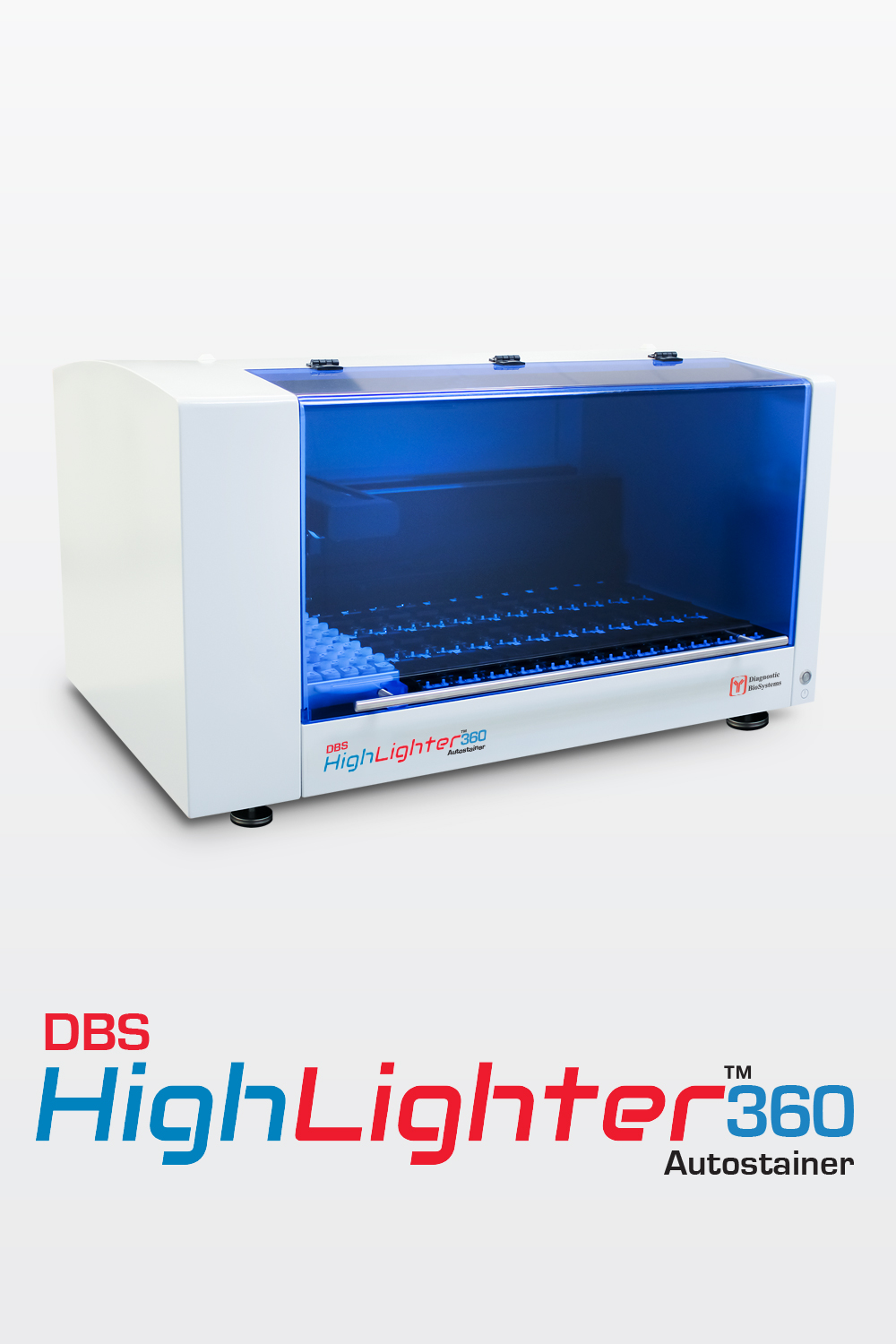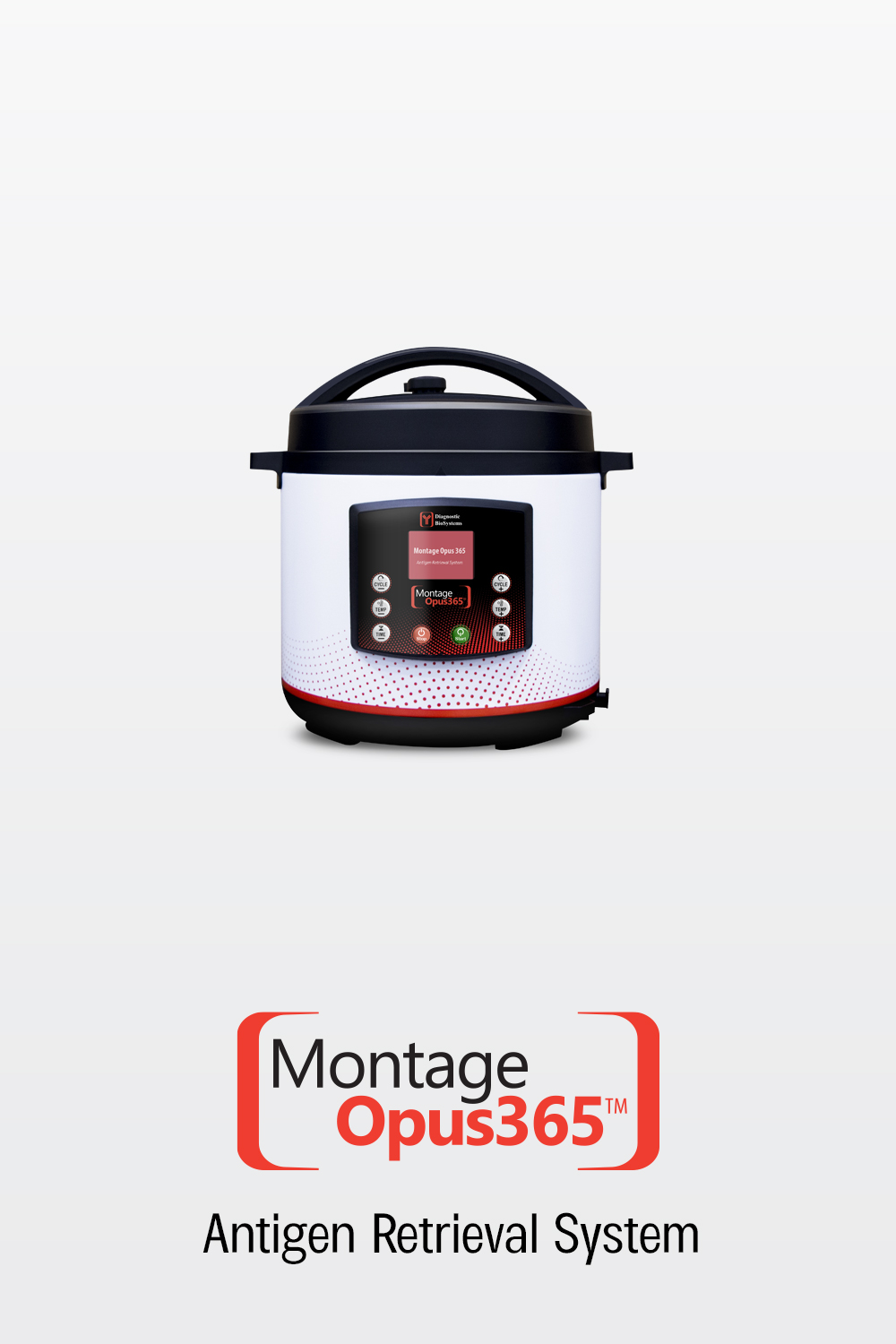CANCER AWARENESS
Brain Cancer Awareness!
May is Brain Cancer Awareness Month, a time to come together and support those affected by this challenging disease.”
Brain cancer affects thousands of people worldwide, and its impact goes beyond the individual diagnosed. It affects families, friends, and communities, highlighting the importance of support and understanding. By increasing awareness, we can promote early detection, access to treatment, and ongoing research.
In brain cancer diagnosis, Immunohistochemistry (IHC) can help identify the type of tumor, determine its grade, and provide information about prognosis and potential treatment options.
Check out the role of some key markers:
- Antibodies targeting specific markers, such as glial fibrillary acidic protein (GFAP) for astrocytomas or neuronal nuclear antigen (NeuN) for neuronal tumors, can help identify the cell type of the tumor.
- Immunohistochemistry can assist in molecular subtyping of brain tumors, such as gliomas. By analyzing specific molecular markers like isocitrate dehydrogenase 1 (IDH1) mutation, alpha-thalassemia/mental retardation syndrome X-linked (ATRX) loss, and O6-methylguanine-DNA methyltransferase (MGMT) promoter methylation, tumors can be classified into different subgroups with distinct prognoses and treatment responses.
Immunohistochemistry is typically used in conjunction with other diagnostic methods, such as histopathological examination and molecular testing, to provide a comprehensive assessment of brain tumors.
Join us in raising awareness about brain cancer by sharing this post. Together, we can make a difference in fighting the challenging disease cancer.




